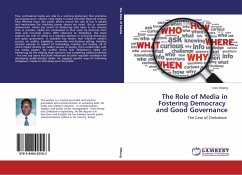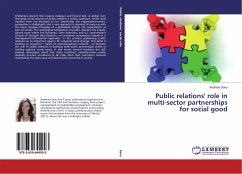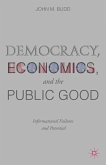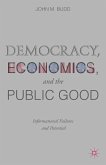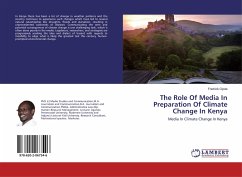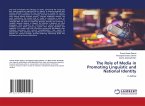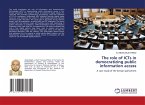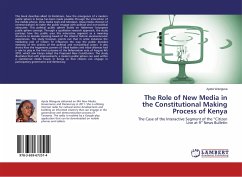Free, professional media are vital to a working democracy that promotes good governance. Citizens need media to make informed electoral choices; have effective input into public affairs; ensure the rule of law is upheld and mechanisms for checking power abuses are intact. But in nominal democracies, where key tenets of democracy exist more in the statutes than in practice, media are constrained in their work by strictures from state and non-state actors. With reference to Zimbabwe, this book explores the role of media as a requisite element in nurturing democracy and good governance. It examines key factors that influence media s success, viz. politics, legislation, ownership and business setting, bedsides internal capacity in respect of technology, training and tooling, all of which impact directly on media s service to society. From candid talks with top media players, the author shows that Zimbabwe s media are hamstrung by the existing legal structure and competing political interests the two top issues that have influenced all other requisite conditions for developing public-minded media. He suggests specific ways of reforming Zimbabwe s media to effectively serve the public.
Bitte wählen Sie Ihr Anliegen aus.
Rechnungen
Retourenschein anfordern
Bestellstatus
Storno

